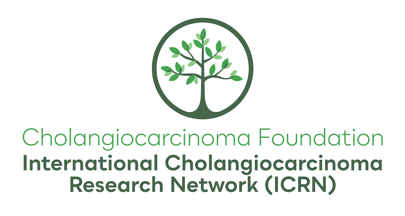Gregory Gores

| Name | |
| Gregory Gores | |
| Organization | |
| Mayo Clinic | |
| Can you tell us a bit about yourself? | |
| Gregory J. Gores, M.D. is a senior academician with contributions to research, clinical practice, and education. His research contributions include sustained federal funding over three decades, over 700 publications, an H-index of 136, and over 57,000 citations (Scopus data base). His clinical focus on hepatobiliary neoplasia has led to novel protocols regarding liver transplantation for cholangiocarcinoma. Educational activities include mentoring over 80 fellows, and directing a liver transplant fellowship program. These activities have been recognized by receipt of an American Gastroenterological Association Mentorship Award. Extramural leadership positions include past presidency of the American Association for the Study of Liver Disease (AASLD) and the International Liver Cancer Association, and a past Councilor of the American Gastroenterological Association (AGA). His stature and accomplishments were recently recognized by prestigious awards from the Mayo Alumni Association, the AASLD, the German Society of Gastroenterology, and the Canadian Liver Foundation and Canadian Association for the Study of Liver. He was recently appointed as Editor in Chief for Hepatology (term 2021-2025). | |
| Can you share one or two of your specific research interests? | |
| Early diagnosis of cholangiocarcinoma identification of the molecular dependencies of cholangiocarcinoma Immunotherapy for cholangiocarcinoma Liver transplantation as a therapeutic modality for cholangiocarcinoma |
|
| Why did you decide to specialize in hepatobiliary cancers? | |
| I specialized in hepatobiliary cancers as I saw this as an unmet need for patients | |
| Can you describe one of the unforgettable moments in your patients care or research that has impacted your career? | |
| Observing the ability to cure patients with liver cancers with liver transplantation | |
| Can you tell us one thing collaboration with colleagues could accomplish that you could not accomplish on your own? | |
| virtually nothing can be accomplished without collaboration | |
| If you had access to one resource that would move your research forward, what would that resource be? | |
| high throughput assays | |
| How did you learn about the Cholangiocarcinoma Foundation? | |
| Stacie and team reached out to me in the very beginning to engage me in the foundation | |
| Can you tell us why you became a member of the ICRN? | |
| to enhance collaboration | |
